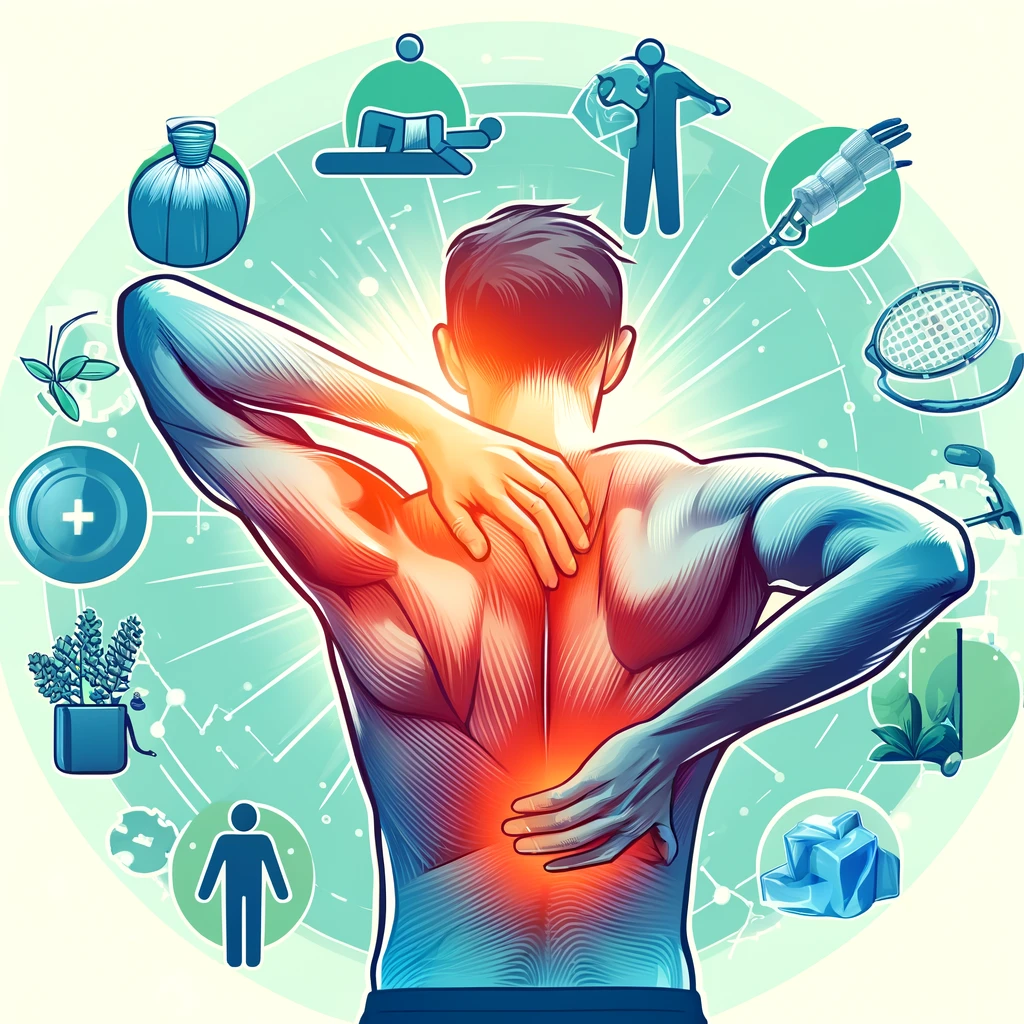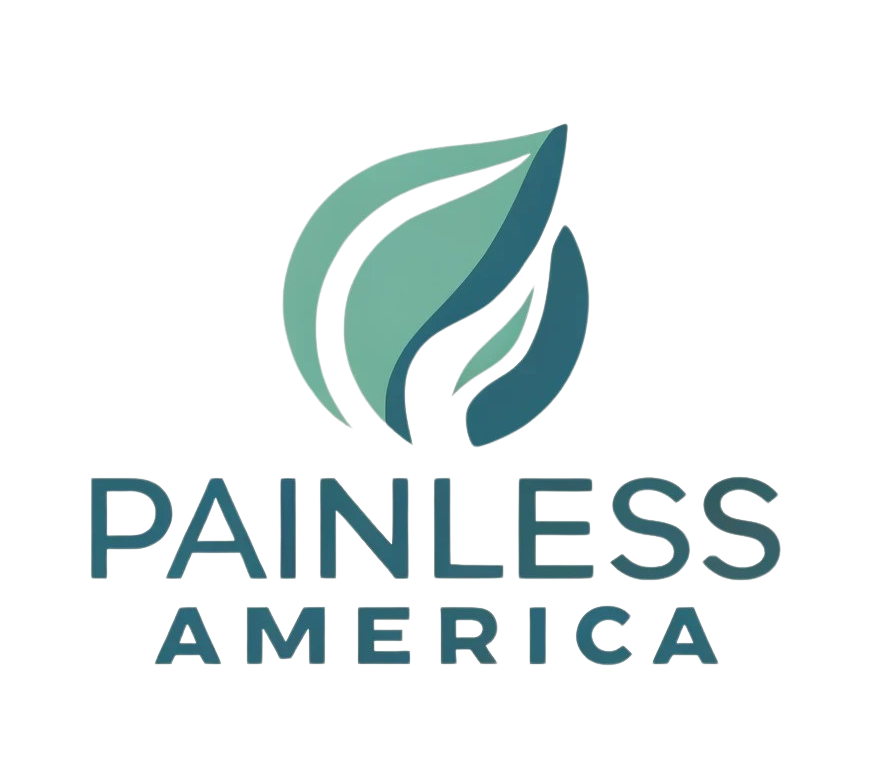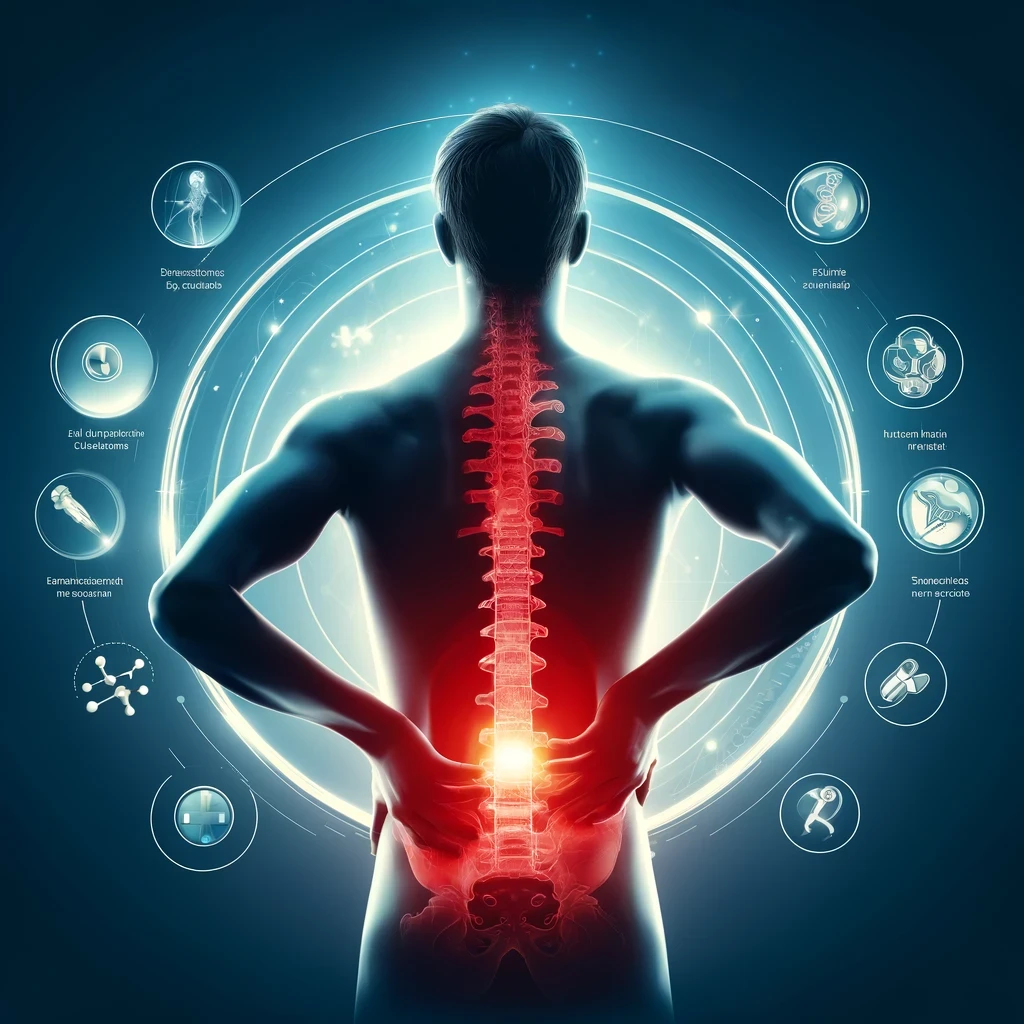
Muscular pain is a common issue that affects people of all ages and lifestyles. Whether it’s due to an intense workout, a long day at the office, or underlying medical conditions, understanding the causes and treatments of muscular pain is crucial for maintaining overall health and well-being.
Common Causes of Muscular Pain
Overuse and Strain
One of the most common causes of muscular pain is overuse. This occurs when muscles are used more intensely or for longer periods than they are accustomed to, leading to strain and discomfort.
Injury and Trauma
Injuries from accidents, falls, or direct impacts can result in muscular pain. Trauma can cause immediate pain and may lead to long-term issues if not properly treated.
Poor Posture
Poor posture, especially during activities like sitting at a desk or lifting heavy objects, can put undue stress on muscles, leading to pain and stiffness.
Stress and Tension
Emotional stress and tension can manifest physically, causing muscles to tighten and become painful.
Medical Conditions
Certain medical conditions, such as fibromyalgia, myofascial pain syndrome, and infections, can also cause muscular pain.
Types of Muscular Pain
Acute Muscular Pain
Acute muscular pain is sudden and severe, often resulting from injury or overuse. It typically resolves with proper rest and treatment.
Chronic Muscular Pain
Chronic muscular pain persists for longer periods, often without a clear cause. It can significantly impact quality of life and requires ongoing management.
Localized Pain
Localized pain is confined to one specific area of the body, often due to injury or strain in that region.
Diffuse Pain
Diffuse pain affects multiple areas of the body and may be associated with conditions like fibromyalgia or systemic infections.
Recognizing Symptoms
Pain and Tenderness
Pain and tenderness in the muscles are primary symptoms, varying from mild discomfort to severe pain.
Stiffness and Weakness
Muscles may feel stiff and weak, making it difficult to perform daily activities.
Swelling and Inflammation
Swelling and inflammation can occur in the affected muscles, causing additional discomfort.
Spasms and Cramps
Muscle spasms and cramps are involuntary contractions that can be quite painful.
Diagnosis of Muscular Pain
Medical History and Physical Examination
A thorough medical history and physical examination are essential for diagnosing the cause of muscular pain.
Imaging Techniques (X-rays, MRI)
Imaging techniques like X-rays and MRI scans help identify underlying issues such as fractures or soft tissue damage.
Blood Tests
Blood tests can detect infections, inflammation, and other conditions that may cause muscular pain.
Electromyography (EMG)
EMG measures the electrical activity of muscles and nerves, helping to diagnose muscle and nerve disorders.
Home Remedies for Muscular Pain
Rest and Recovery
Resting the affected muscles is crucial for recovery and preventing further injury.
Ice and Heat Therapy
Applying ice reduces inflammation, while heat therapy relaxes muscles and improves blood flow.
Over-the-Counter Pain Relievers
Non-prescription pain relievers like ibuprofen and acetaminophen can help manage pain and reduce inflammation.
Gentle Stretching and Exercise
Gentle stretching and low-impact exercises can improve flexibility and reduce muscle tension.
Physical Therapy and Rehabilitation
Role of Physical Therapy
Physical therapy plays a significant role in managing and treating muscular pain through targeted exercises and techniques.
Common Physical Therapy Techniques
Techniques such as massage, ultrasound, and electrical stimulation are commonly used in physical therapy.
Benefits of Rehabilitation
Rehabilitation helps restore function, improve mobility, and reduce pain.
Alternative and Complementary Therapies
Massage Therapy
Massage therapy can relieve muscle tension, improve circulation, and reduce pain.
Acupuncture
Acupuncture involves inserting thin needles into specific points on the body to relieve pain and promote healing.
Chiropractic Care
Chiropractors use manual adjustments and manipulations to treat musculoskeletal pain.
Herbal and Natural Remedies
Herbal and natural remedies, such as turmeric and ginger, have anti-inflammatory properties that can help reduce pain.
Medications and Medical Treatments
Prescription Medications
Doctors may prescribe stronger medications, such as muscle relaxants or opioids, for severe pain.
Injections and Infusions
Injections, such as corticosteroids, can provide targeted pain relief.
Surgical Interventions
In severe cases, surgery may be necessary to address underlying issues causing muscular pain.
Preventing Muscular Pain
Ergonomic Adjustments
Making ergonomic adjustments at work and home can help prevent strain and pain.
Regular Exercise and Stretching
Maintaining a regular exercise routine and stretching can keep muscles strong and flexible.
Healthy Lifestyle Choices
Healthy habits, such as maintaining a balanced diet and getting enough sleep, support overall muscle health.
Stress Management
Managing stress through relaxation techniques, such as yoga and meditation, can prevent muscle tension.
Mind-Body Approaches
Yoga and Pilates
Practices like yoga and Pilates improve flexibility, strength, and body awareness.
Mindfulness and Meditation
Mindfulness and meditation help reduce stress and promote relaxation.
Breathing Exercises
Breathing exercises can help relax muscles and reduce pain.
Nutrition and Muscular Health
Anti-Inflammatory Diet
An anti-inflammatory diet rich in fruits, vegetables, and omega-3 fatty acids can help reduce muscle pain.
Hydration and Muscle Function
Staying hydrated is essential for muscle function and preventing cramps.
Supplements for Muscle Health
Supplements such as magnesium, vitamin D, and fish oil can support muscle health.
Chronic Pain Management Strategies
Multidisciplinary Approach
A multidisciplinary approach involving various healthcare professionals can effectively manage chronic pain.
Pain Clinics and Specialists
Pain clinics offer specialized care and treatments for chronic pain conditions.
Psychological Support and Counseling
Psychological support and counseling can help manage the emotional aspects of chronic pain.
The Future of Muscular Pain Treatment
Emerging Technologies
Advancements in technology are continually changing the landscape of pain management. Innovations such as wearable pain relief devices, advanced imaging techniques, and robotic-assisted therapies are on the rise, offering more precise and effective treatments.
Advances in Pain Management Research
Ongoing research in pain management is uncovering new methods to treat and prevent muscular pain. Studies are focusing on understanding the underlying mechanisms of pain, which can lead to the development of novel therapies and treatments.
Personalized Medicine
Personalized medicine tailors treatment plans to the individual based on their genetic makeup, lifestyle, and specific health conditions. This approach ensures that each patient receives the most effective and appropriate care for their unique needs.
Conclusion
Understanding and treating muscular pain requires a multifaceted approach. By recognizing the common causes and symptoms, utilizing home remedies and professional treatments and adopting preventive measures, individuals can effectively manage and alleviate muscular pain. Staying informed about the latest advancements in pain management and seeking personalized care can lead to better outcomes and improved quality of life.
FAQs
What is the best way to relieve muscular pain quickly?
Applying ice to reduce inflammation, taking over-the-counter pain relievers, and gently stretching the affected area are effective ways to relieve muscular pain quickly.
Can muscular pain be a sign of something serious?
While muscular pain is often due to overuse or minor injuries, it can sometimes indicate a more serious condition. If the pain is severe, persistent, or accompanied by other symptoms like swelling, fever, or loss of function, it’s important to consult a healthcare professional.
How can I prevent muscle pain during exercise?
To prevent muscle pain during exercise, ensure you warm up properly, use correct form and techniques, stay hydrated, and gradually increase the intensity of your workouts. Regular stretching and strength training can also help.
Are there any foods that help reduce muscular pain?
Foods rich in anti-inflammatory properties, such as fruits, vegetables, nuts, and fatty fish, can help reduce muscular pain. Staying hydrated and consuming a balanced diet also supports muscle health.
When should I see a doctor for muscular pain?
You should see a doctor for muscular pain if it is severe, doesn’t improve with rest and home treatments, or if it is accompanied by other symptoms such as swelling, redness, or loss of function. Persistent or recurrent pain should also be evaluated by a healthcare professional.


